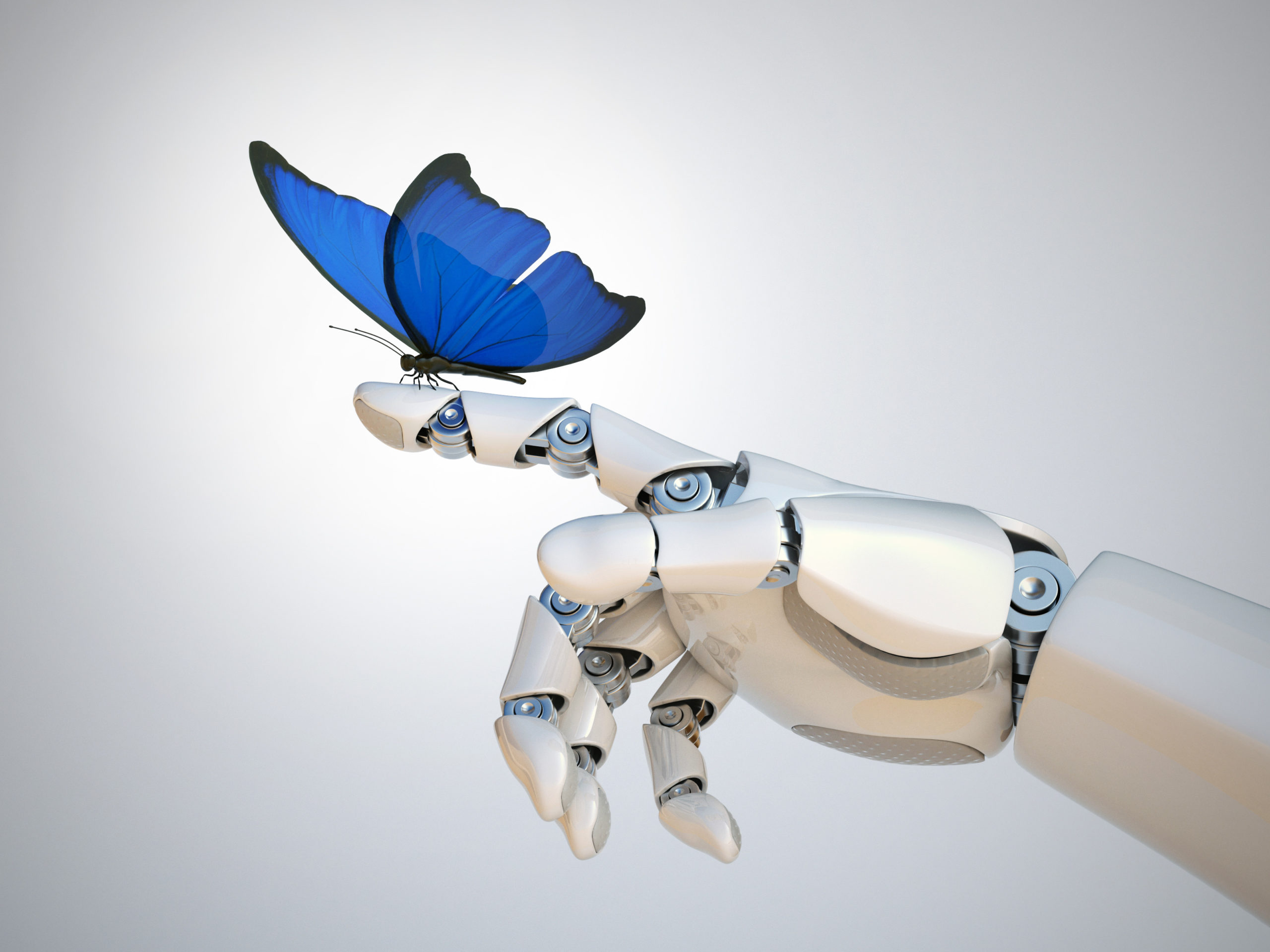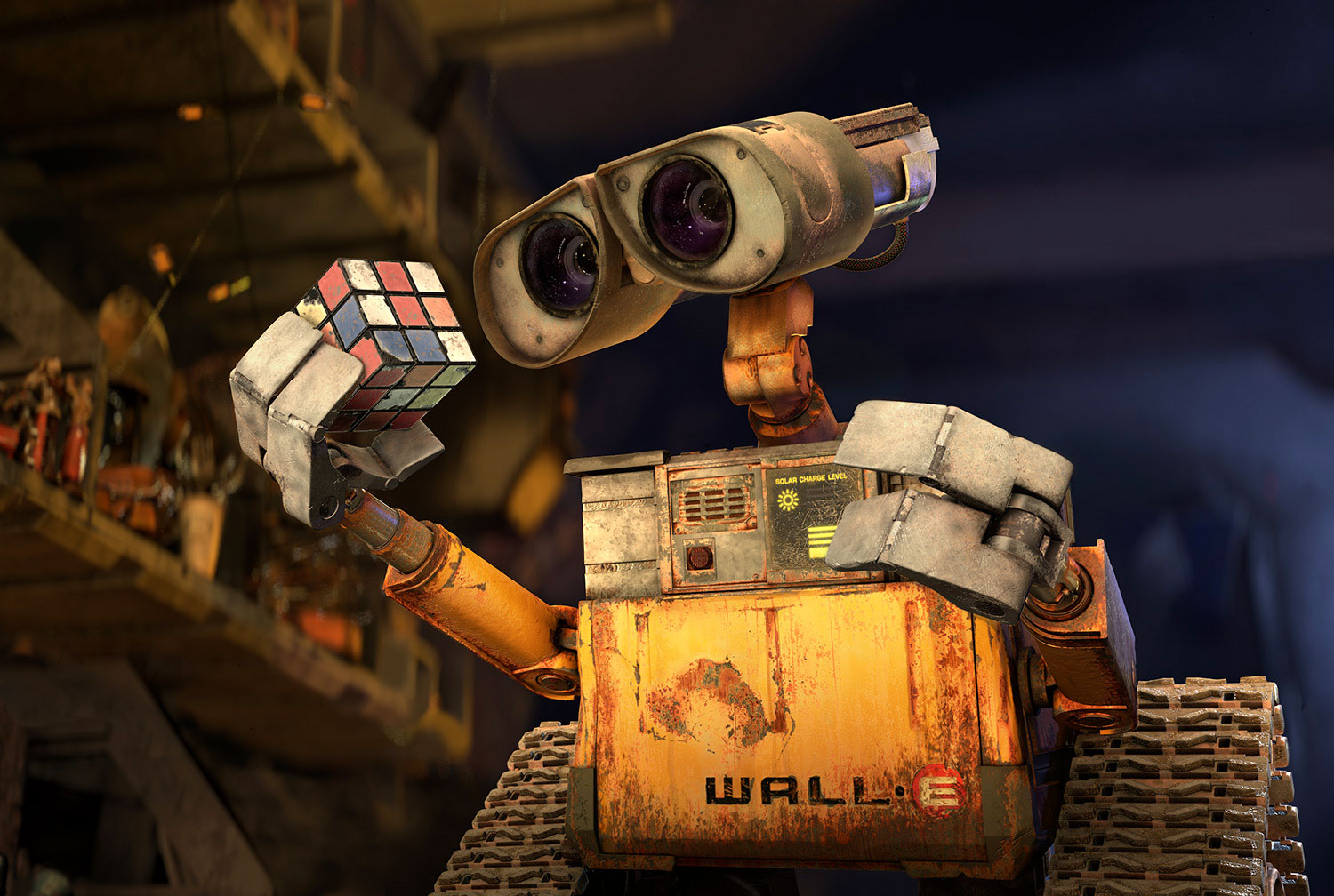If there was ever one topic that generates completely disparate views as of its merits, that is Artificial Intelligence (AI). In Machines Like Me, an hauntingly beautiful yet discomforting novel which discusses the creation of a robot’s personality, its author Ian McEwan exquisitely encapsulates this idea in the following terms: “Before us sat the ultimate plaything, the dream of ages, the triumph of humanism -or its angel of death. Exciting beyond measure, but frustrating too”.
A dystopian world
Just looking at some headlines published across several newspapers is useful in getting a sense of the fears associated with AI: “Police fear bias in use of artificial intelligence to fight crime” (Financial Times, 16 September 2019), “Facial recognition’s risks demand a temporary halt” (Financial Times, 21 January 2020), “Are robots competing for your job? (The New Yorker, 25 February 2019), “How frightened should you be of AI?” (The New Yorker, 7 May 2018), “The Robots are Coming. Prepare for Trouble” (The New York Times, 2 February 2020), “Soon a Robot will be Writing this Headline” (19 January 2020), and “An artificial-intelligence first: Voice-mimicking software reportedly used in a major theft” (The Washington Post, 4 September 2019). Also, and perhaps more lightheartedly: “Will artificial intelligence destroy poker?” (Financial Times, 8 November 2019), and “First sushi, now manga – will AI ruin great Japanese inventions?” (Financial Times, 19 February 2020).
There are also very authorized voices in the world of science and technology that express their trepidations in no uncertain terms such as Bill Gates (“I don’t understand why some people are not concerned”), Stephen Hawking (“The development of full artificial intelligence could spell the end of the human race”), and Elon Musk (“With artificial intelligence we are summoning the demon”).
They all hint to some potential serious problems: job disruption leading to higher unemployment, new forms of violence, disappearance of many artisanal skills, loss of privacy.
A utopian world
A parallel scenario can be established however by extracting some positive headlines regarding AI: “How AI helps historians solve ancient puzzles” (Financial Times, 1 July 2020), “Artificial intelligence paves the way for fully automated diabetes kit” (Financial Times, 10 March 2020), “AI in education will help us understand how we think” (Financial Times, 10 March 2020), “Artificial Intelligence will improve medical treatments” (The Economist, 7 June 2018), “Want to be better at sports? Listen to the machines” (The New York Times, 9 April 2020), “AI is helping scientists understand an ocean’s worth of data” (The New York Times, 9 April 2020), “No masks, no coughs: Robots can be just what the doctor ordered in time of social distancing” (The Washington Post, 8 July 2020), and “Facebook turns to artificial intelligence to fight hate and misinformation in Myanmar” (The Washington Post, 15 August 2018).
Among the leading specialists in AI singing its praises it is possible to mention, among others, Demis Hassabis (“The reason I work on AI is because I think it’s going to be the most beneficial thing to humanity ever. I think it’s going to unlock our potential within science and medicine in all sorts of ways. As with any powerful technology, and AI could be especially powerful because it’s so general, the technology itself is neutral”) and Andrew Ng (“I want all of us to have self-driving cars; conversational computers that we can talk to naturally; and healthcare robots that understand what ails us… The industrial revolution freed humanity from much repetitive physical drudgery; I now want AI to free humanity from repetitive mental drudgery …”).
AI is poised to become one of the most important forces shaping our world and, unlike more specialized innovations, it is likely to influence every industry.
So, which scenario is most likely to happen?
I could say that the future would most likely lie in between these two very drastically opposed scenarios. This is probably true but also obvious. I could instead say that society has historically worried too much about the negative effects of new technologies. I could illustrate this point with the example of the technology for automatic elevators which existed since 1900 but was only incorporated in 1945 due to people’s fear in riding without an operator. Again, this is true but mostly well known.
Instead of choosing between two hypothetical worlds, I think it is more useful to leave science fiction to literature and bring the discussion back to reality. Beyond the either or of these scenarios lies a large middle ground. AI, and technology in general, has been automating and will continue to automate many tasks which used to be manual, tedious, and time consuming. Additionally, there is also ongoing research at the intersection between AI and medicine on how to enhance and possibly extend human life, all of which is also likely to free up additional time. This brings us to the most urgent, immediately practical, and profound question of how this time will be utilized.
One of the first readings that picked my interest on AI was a footnote on a book on economic development. The book in question is “The Cultural Conditions of Economic Development” (“Las condiciones culturales del Desarrollo Economico” in its original Spanish edition) written by Mariano Grondona. The footnote in question (translated from Spanish) reads as follows: “(…) thanks to the telecommunication revolution, Athens insinuates its return. Plato wrote that a city cannot be larger than the reach of a herald’s voice. The voice of the ‘electronic herald’ now reaches everywhere. But Athens only returns partially to us because, having Plato’s condition fully accomplished, Aristotle’s prophecy that all men will be fully free when the shuttles (work tools) operate themselves has not been fully fulfilled. If one day all work is in charge of computers, we will be full time citizens. Athens will then return fully (…)”. The author is referring to the political and societal system in ancient Greece. In this context, free men were only those that did not need to earn a living. Free men could choose between two options: a contemplative life based on the study of philosophy, or a practical life focused on politics.

Raphael’s fresco The School of Athens proves a beautiful representation of the important role of philosophy in ancient Greece. The two central figures depict Plato (with his finger elevated to the sky, symbolizing an otherworthy realm and his Theory of Forms) and Aristotle (with his hand positioned close to the earth, symbolizing his belief that knowledge comes from experience).
I find several points of interest in the above text. First, the imagining of a world where work will no longer be necessary through the advancement of technology; and, second, the hypothesizing of what that world will be like. In the author’s view, one possibility is that the newly freed men will dedicate their time to “superior” activities. In Ancient Greece these would have been politics or philosophy. However, from a more contemporary perspective, it seems to fit the spirit of the text to include arts and sciences in this group of selected activities. This is perhaps an ideal world, and one which should lead to unprecedented progress in these fields.
However, in the realm of imagined possibilities, there is a much more worrisome alternative. Just observing many of the daily interactions people have with technology (such as the aimless Internet browsing or the extreme dependence on social media) gives reason, if not for pessimism, for concern. John Tenenbaum, an MIT professor working in the field of Computational Cognitive Science, expressed this clearly: “I’m an optimist by nature, so my first response is to say yes, but we can’t take it for granted. It’s not just AI, but technology, whether it’s smartphones or social media, is transforming our lives and changing how we interact with each other. It really is changing the nature of human experience. I’m not sure it’s always for the better. It’s hard to be optimistic when you see a family where everybody’s just on their phones, or when you see some of the negative things that social media has led to. I think it is important for us to realize, and to study, all the ways these technologies are doing crazy things to us! They are hacking our brains, our value systems, our reward systems, one our social interaction systems in a way that is pretty clearly not just positive.”
On a similar line of thought, Stuart Russel, a computer scientist and professor at the University of California, Berkeley expressed the following: “This societal picture is how the future is depicted in the Wall-E movie, where humanity is off on spaceships and being looked after by machines. Humanity gradually becomes fatter and lazier and stupider. That’s an old theme in science fiction and it’s very clearly illustrated in the Wall-E movie. That is a future that we need to be concerned about, assuming we successfully navigate all the other risks that we’ve been discussing”.
Wall-E from Pixar. All rights belong to Pixar.
The point that clearly emerges is that the additional time to be freed up or created by AI and technology has to be accompanied by the corresponding wisdom, at the individual and societal level, to make good use of that time. As expressed in Machines Like Me, “(…) with our generous state income, we the masses would face the luxurious problem that had preoccupied the rich for centuries: how to fill the time”. In order to achieve this, the role of education will be essential. Furthermore, the breadth and depth of education will most likely need to be updated in order to fulfill this role. Bertrand Russel, in its classic essay “In Praise of Idleness”, firmly emphasizes this when discussing a future where a 4-hour work day is the norm: “It is an essential part of any such social system that education should be carried further than it usually is at present, and should aim, in part, at providing tastes which would enable a man to use leisure intelligently.” The stakes are high. On getting this right might depend whether AI becomes a triumph of humanism or its angel of death.
Explore more about this topic:
* Architects of Intelligence: The Truth about AI from the people building it (by Martin Ford). This book contains a series of insightful interviews with leaders in the AI field. Click here to see book.
* Machines Like Me: A Novel (by Ian McEwan). A fictional book that explores the development of a robot’s personality in an alternative 1980’s where Alan Turing and Demis Hassabis are friends, and Argentina won the Falklands War. Click here to see book.
* In Praise of Idleness (by Bertrand Russel). In addition to Bertrand Russel’s classic essay, this edition includes an equally insightful and amusing preface and conclusion written by Bradley Trevor Greive. Click here to see book.
* If you are interested in Raphael’s The School of Athens, click here for a detailed article providing an analysis of the painting and its main characters.

